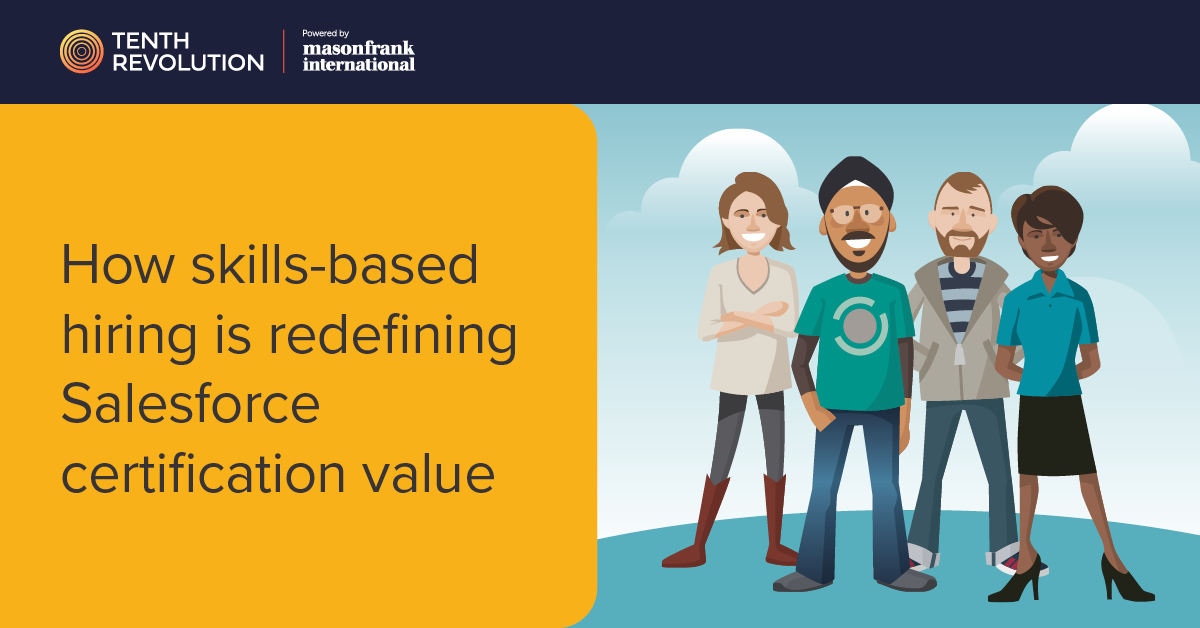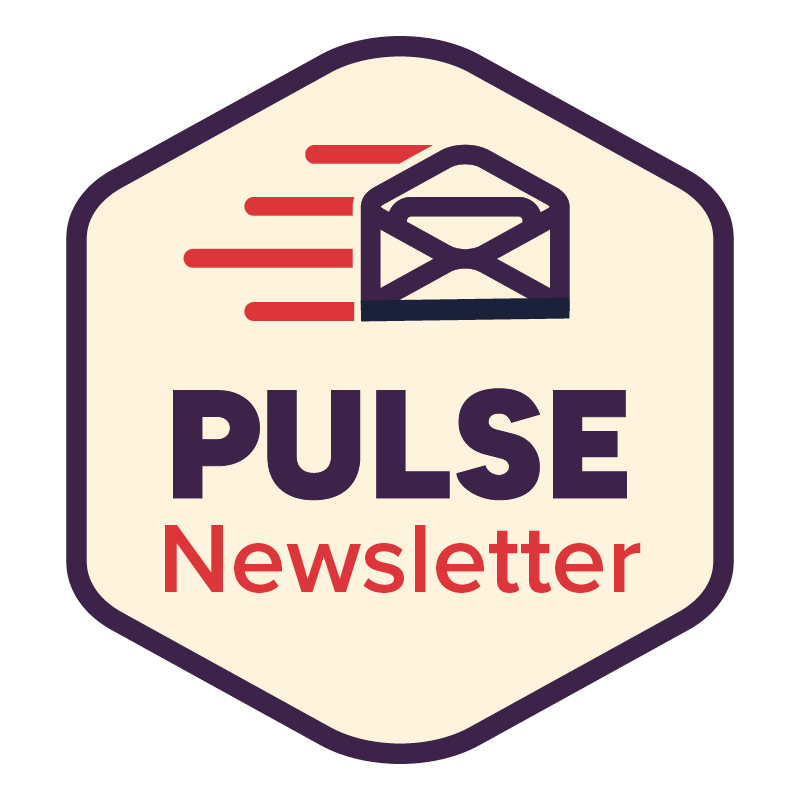
Salesforce hiring is entering a new phase where proven ability, continuous learning and adaptable thinking matter more than credentials alone.
Enterprises are rethinking how they evaluate and grow Salesforce talent. As AI, automation and Data Cloud adoption accelerate, traditional certification-only approaches are giving way to skills-based hiring strategies that prioritize applied experience, business acumen and cross-functional collaboration.
For executives and hiring managers, this change reflects a broader shift toward workforce agility. The goal is not just to validate technical knowledge but to build teams capable of solving new challenges in real time as Salesforce evolves.
Why skills-based hiring is growing
Salesforce’s platform is expanding faster than most formal learning paths can keep up. Einstein Copilot, Data Cloud and automation frameworks like Flow have added layers of complexity that require both technical understanding and contextual judgment.
Certification remains valuable for foundational learning, but many employers are recognizing that high performance in modern CRM environments depends on skills such as:
- Translating AI outputs into business decisions
- Managing data flows between connected systems
- Designing secure, compliant automation at scale
- Communicating technical implications to non-technical stakeholders
This trend has encouraged leaders to evaluate capability through project experience, portfolios and scenario testing rather than relying solely on exam results.
The technology is powerful, but success still depends on people. Mason Frank connects you with Salesforce professionals who combine certification with hands-on expertise to drive adoption, governance and measurable ROI.
Evolving certification and training pathways
Salesforce itself has responded to these hiring trends by evolving its learning ecosystem. The introduction of role-based certifications for Business Analysts, Architects and Data Cloud professionals reflects a growing focus on applied skills. These credentials emphasize scenario design, solution building and stakeholder engagement rather than rote memorization.
Organizations are also leveraging Salesforce Trailhead and partner academies to build continuous learning cultures internally. By linking certification goals to real-world business objectives, leaders can align training investments with measurable outcomes such as faster implementation, better data quality and stronger adoption rates.
Continuous learning as a competitive advantage
According to the Mason Frank Careers and Hiring Guide 2025, more than half of Salesforce professionals expect to take at least one new certification or applied learning module this year. That appetite for growth signals a shift toward lifelong learning as a professional standard across the ecosystem.
Enterprises that support this behavior stand to benefit in several ways:
- Higher retention, as employees feel supported in their development
- Faster innovation, through up-to-date skills on new releases
- Stronger performance, as training translates directly into applied capability
For hiring managers, investing in learning is now as critical as recruiting itself. The most resilient Salesforce teams are built around cultures of experimentation and improvement.
Mason Frank helps organizations find Salesforce professionals who value continuous learning and bring practical, real-world insight to fast-changing CRM environments.
How leaders are validating real skills
Executives adopting skills-based hiring models are rethinking both recruitment and evaluation. Some common approaches include:
- Practical assessments during interviews that mirror business use cases
- Peer review systems for internal mobility and promotion decisions
- Project-based portfolios that demonstrate impact and problem-solving ability
- Ongoing coaching programs that link learning progress to performance metrics
These methods help organizations identify professionals who can apply their knowledge effectively and collaborate across disciplines to deliver business outcomes.
The new meaning of certification value
As Salesforce continues to embed AI and automation, certification value is shifting from static achievement to living demonstration. Credentials still serve as an entry point, but ongoing application and evolution define long-term success.
A skills-based approach ensures that learning remains relevant and aligned with business needs. It bridges the gap between technical capability and strategic thinking, the qualities that make Salesforce talent indispensable to digital transformation.
Building adaptable Salesforce teams
For executives leading large-scale transformation, adopting a skills-based approach to hiring and development delivers agility. It ensures teams can pivot as Salesforce releases new capabilities and as business priorities evolve.
Practical steps include:
- Mapping existing skills across current teams to identify capability gaps
- Partnering with certified training providers for upskilling and reskilling initiatives
- Embedding learning objectives into performance frameworks
- Hiring for mindset as much as for technical proficiency
The outcome is a workforce capable of evolving with the platform and consistently delivering value from Salesforce investments.


